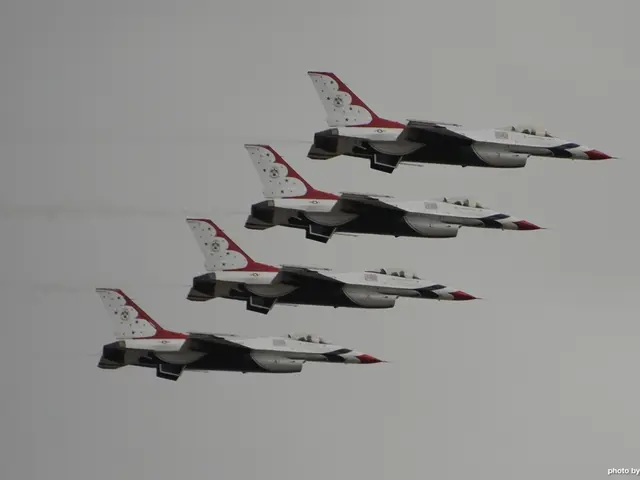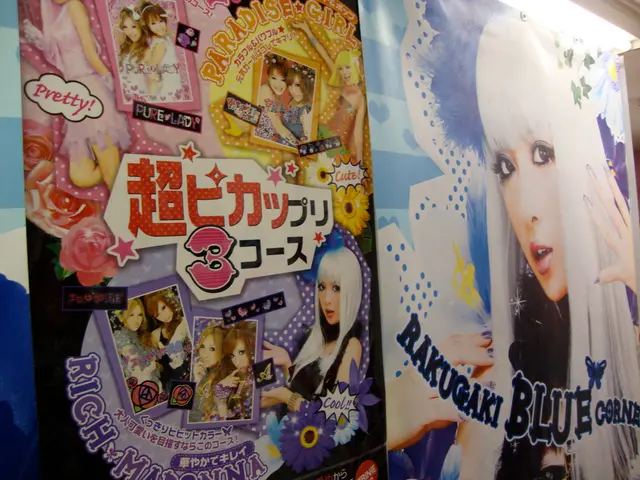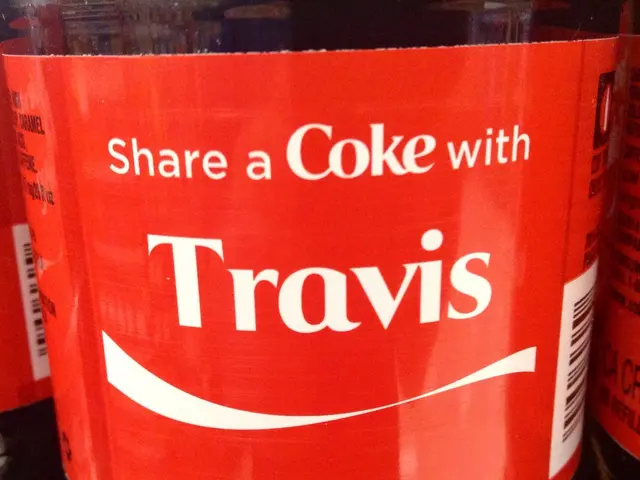NCP Refuses Alternative Symbols, Demands Water Lily and Universal Voter List
The National Citizen Party (NCP) has made its stance clear ahead of the upcoming elections. It will not accept party registration without the water lily election symbol, despite the Election Commission's (EC) request to choose from the approved list by October 7.
The EC had initially asked the NCP to select an electoral symbol from the approved list, as the water lily was not approved under the Election Conduct Rules, 2008. However, the NCP sent a letter to the EC secretary, requesting to use the water lily as its electoral symbol and refusing any alternative symbol.
In a meeting with the chief election commissioner, a three-member NCP delegation proposed that all citizens turning 18 by October 31 should be included in the voter list. This move aims to ensure no eligible voter is excluded. The NCP also demanded the removal of other symbols from the EC list if they do not get the water lily symbol.
NCP leader Nasiruddin suspects dishonest intent on the part of the Election Commission regarding the symbol denial. He believes the EC has not provided a legal or political justification for withholding the water lily symbol. NCP chief coordinator Nasiruddin Patwary echoed this stance, stating that the party remained firm in its demand for the water lily symbol.
The NCP's refusal to accept any symbol other than the water lily has set the stage for a potential standoff with the Election Commission. The party's demand for the inclusion of all eligible voters in the electoral roll and its suspicion of the EC's motives may add complexity to the election process.
Read also:
- American teenagers taking up farming roles previously filled by immigrants, a concept revisited from 1965's labor market shift.
- Weekly affairs in the German Federal Parliament (Bundestag)
- Landslide claims seven lives, injures six individuals while they work to restore a water channel in the northern region of Pakistan
- Escalating conflict in Sudan has prompted the United Nations to announce a critical gender crisis, highlighting the disproportionate impact of the ongoing violence on women and girls.






